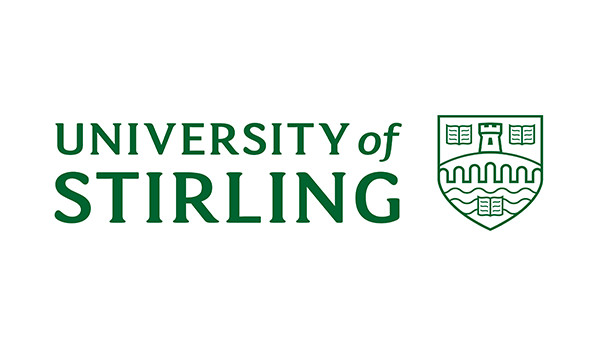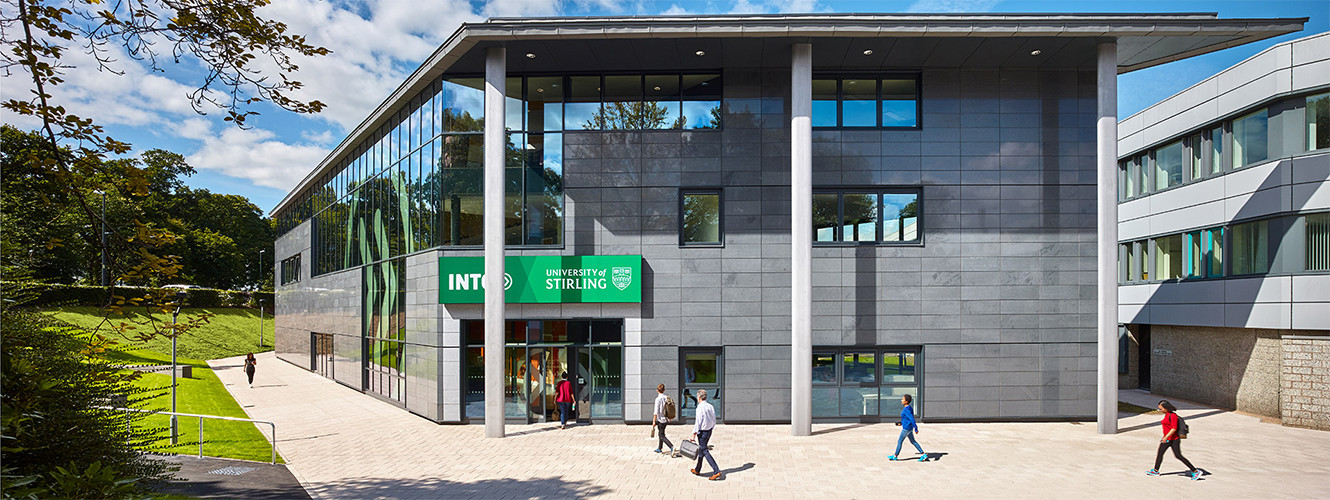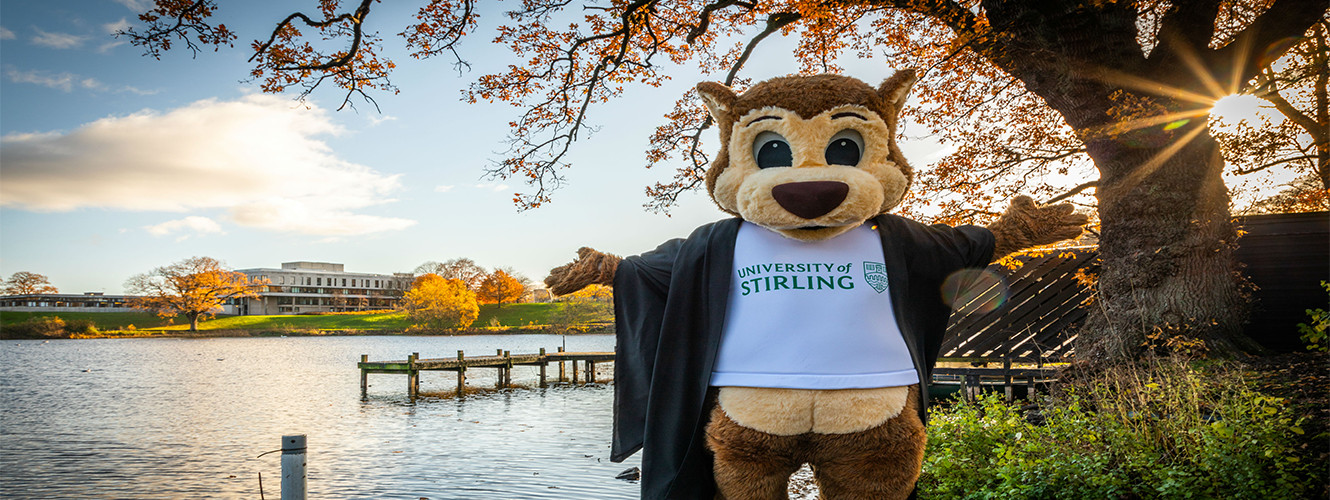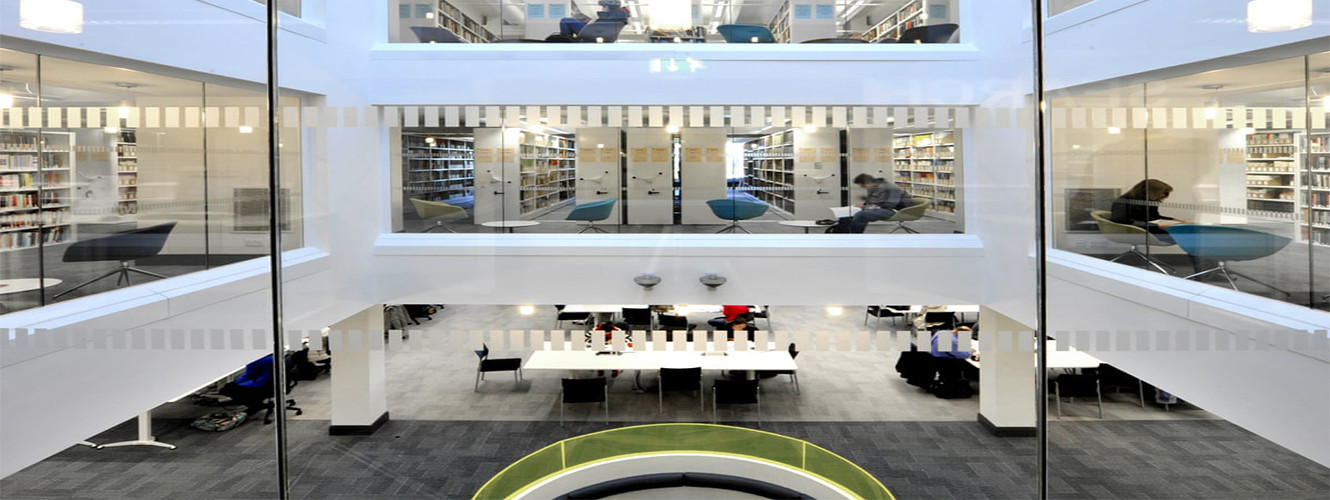UK135 BSc Paramedic Science University of Stirling
-
THÔNG TIN CHUNG
The role of a contemporary paramedic is rapidly evolving within the modern health care system as they deploy their skills in an increasing range of emergency and non-emergency situations.
Our BSc Paramedic Science degree will equip you with the knowledge, skills and proficiencies to meet the requirements of the Health and Care Professions Council (HCPC) enabling you to apply to register as a paramedic with the HCPC following successful completion of the course.
We are experts in health education and recognised internationally for our research into out-of-hospital care. The BSc Paramedic Science degree course will enable you to contribute to the graduate healthcare workforce through an innovative educational experience founded on personal growth, effective relationships and excellence in clinical practice.
The role of the paramedic is expanding beyond acute trauma and will have increasing focus on the management of long term conditions, mental health support, support of older persons and preventing hospital admissions.
You will gain essential knowledge and skills to equip you to work autonomously, safely minimising risk and ensuring the quality of your practice. You'll actively participate in a wide range of dynamic care settings, experiencing the roles of the paramedic and how they relate to other disciplines such as the emergency services and health and social care.
-
CƠ HỘI NGHỀ NGHIỆP
From September 2021 all paramedics entering the profession in Scotland will be required to have a BSc degree. This course will prepare you to apply for registration with the Health and Care Professions Council. Once registered you will be eligible to apply for posts in both the public and private health care sectors.
The double-crewed ambulance role continues to form the traditional foundation on which a newly qualified paramedic develops their skills and knowledge. However, further opportunities exist within a single crewed Paramedic Response Unit (PRU) where they attend the more sensitive 999 calls and support other front-line ambulance clinicians.
With further in-service education, paramedics can apply to work within the NHS Ambulance Service Special Operations Response Teams (SORT)/Hazardous Area Response Teams (HART) who specialise in:
- mass-casualty and multi-casualty incident management
- Chemical, Biological, Radiological and Nuclear incidents
- water rescue
- terrorist-related incidents
Paramedics can also apply for posts to work in one of the centrally funded or charity-funded helicopter emergency medical services that operate across the country.
The move towards the specialist and advanced roles continues to evolve. For the more experienced paramedic, and one who has attained post-graduate qualifications, opportunities exist within both the urgent and unscheduled care setting and in pre-hospital critical care teams.
In both settings, the Advanced Paramedic will work as part of a multi-disciplinary team of nurses, doctors and other allied health professionals to ensure the best possible outcome for service user.
Alternative non-clinically focussed career options are also available particularly in leadership and education with the latter being available within the NHS and higher education institutions.
- ĐIỀU KIỆN ĐẦU VÀO
- ĐIỀU KIỆN NGÔN NGỮ
- HỌC BỔNG
- ĐỊA ĐIỂM
Tóm tắt
-
Phí ghi danh
0
-
Độ dài khoá học
3 năm
-
Kỳ nhập học
Tháng 9
Phí Cơ Bản
-
Loại Tiền
-
Học Phí
Trên năm -
Phí Sinh Hoạt
Trên năm -
Tổng






